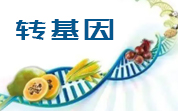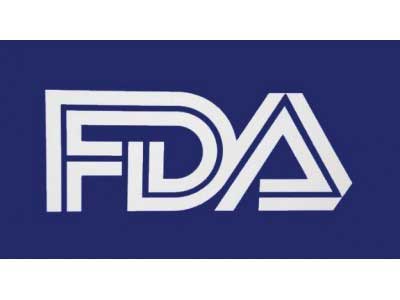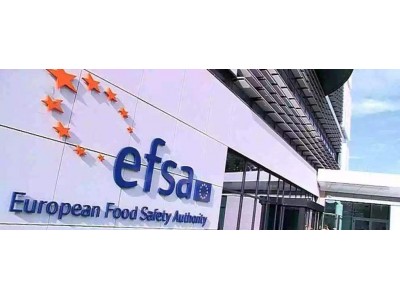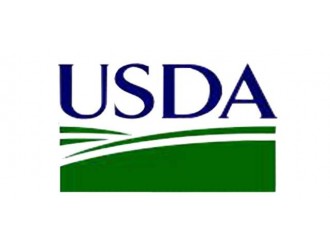гҖҖгҖҖж №жҚ®ж¬§зӣҹ委е‘ҳдјҡ第396/2005еҸ·жі•и§„第6з« пјҢ BASF SE еҗ‘еҘҘең°еҲ©еӣҪ家主管йғЁй—ЁжҸҗдәӨз”іиҜ·пјҢиҰҒжұӮеҲ¶е®ҡж°ҹиҷ«и…ҲеңЁй©¬й“ғи–ҜгҖҒз”ҳи”—е’ҢеҠЁзү©жәҗжҖ§дә§е“Ғдёӯзҡ„иҝӣеҸЈйҷҗйҮҸгҖӮз»ҸиҝҮиҜ„дј°пјҢ欧зӣҹйЈҹе“Ғе®үе…ЁеұҖеҫ—еҮәз»“и®әпјҢж¶Ҳиҙ№иҖ…ж‘„е…Ҙй—®йўҳдёҺжүҖиҖғиҷ‘зҡ„йЈҹе“Ғдёӯзҡ„ж°ҹиҷ«и…Ҳж®Ӣз•ҷж— е…ігҖӮ欧зӣҹжІЎжңүжү№еҮҶж°ҹиҷ«и…ҲпјҢ欧зӣҹMRLз«Ӣжі•д№ҹжІЎжңү规е®ҡж°ҹиҷ«и…Ҳзҡ„жңҖй«ҳж®Ӣз•ҷйҷҗйҮҸжҲ–иҝӣеҸЈе…Ғи®ёйҮҸпјӣеӣ жӯӨпјҢеңЁж¶Ҳиҙ№иҖ…жҺҘи§ҰиҜ„дј°дёӯжІЎжңүиҖғиҷ‘е…¶д»–жӨҚзү©е’ҢеҠЁзү©е•Ҷе“ҒгҖӮйғЁеҲҶеҺҹж–ҮжҠҘйҒ“еҰӮдёӢпјҡ
гҖҖгҖҖIn accordance with Article 6 of Regulation (EC) No 396/2005, the applicant BASF SE submitted a request to the competent natio
nal authority in Austria to set an im
port tolerance for the active substance fipro
nil in potatoes, maize, rice, sugar canes and to modify the existing EU MRLs (maximum residue levels) for fipro
nil in commodities of animal origin. During the assessment, the applicant withdrew the im
port tolerance requests on maize and rice. The data submitted in support of the present assessment were found to be sufficient to derive MRL proposal for sugar canes. For potatoes, data gaps were identified which precluded the derivation of MRL proposal. The livestock exposure to fipro
nil residues from the intake of sugar canes molasses required the setting of MRL in fat of bovine, sheep and goat. Adequate analytical methods for enforcement are available to co
ntrol the total residues of fipro
nil in plant and animal matrices at the validated limit of quantification (LOQ) 0.005 mg/kg. ba
sed on the risk assessment results, EFSA co
ncluded that co
nsumer intake co
ncerns are not associated with fipro
nil residues in food commodities under consideration: sugar canes and fat of bovine, sheep and goat. There are no EU authorisations of fipro
nil as well as no Codex maximum residue limits (CXLs) or im
port tolerances are set for fipro
nil in the EU MRL legislation; therefore, other plant and animal commodities were not co
nsidered in the co
nsumer exposure assessment.
гҖҖгҖҖ
жң¬ж–Үз”ұйЈҹе“ҒдјҷдјҙзҪ‘йЈҹе“Ғиө„и®Ҝдёӯеҝғзј–иҫ‘пјҢжңүд»»дҪ•з–‘й—®пјҢиҜ·иҒ”зі»news@www.sqrdapp.comгҖҒь/span>










 ең°еҢәпјҷь/font>
ең°еҢәпјҷь/font>

 欧зӣҹиҜ„дј°иҪ¬еҹәеӣ зҺүзұіMO
欧зӣҹиҜ„дј°иҪ¬еҹәеӣ зҺүзұіMO
 欧зӣҹиҜ„дј°дёҖз§ҚйәҰиҠҪзі–ж·Җ
欧зӣҹиҜ„дј°дёҖз§ҚйәҰиҠҪзі–ж·Җ зҫҺеӣҪжӢҹж’Өй”ҖиӢҘе№ІиӮүзұ»еҸүь/a>
зҫҺеӣҪжӢҹж’Өй”ҖиӢҘе№ІиӮүзұ»еҸүь/a> йІҒе…¬зҪ‘е®үеӨ 37060202000128еҸ¶ь/a>
йІҒе…¬зҪ‘е®үеӨ 37060202000128еҸ¶ь/a>



